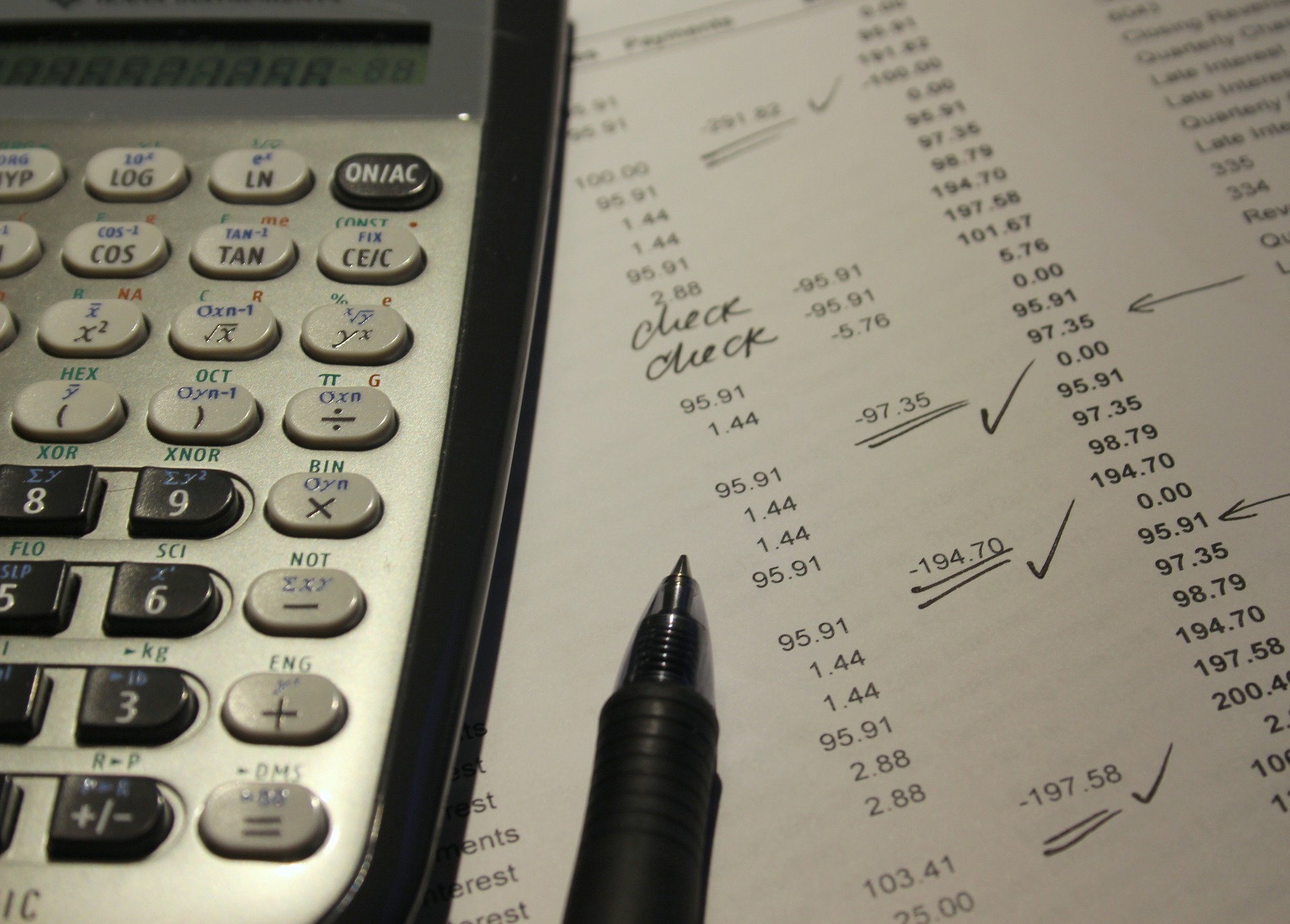by Florin Gherghel, Tax Manager Ensight Finance
Personal Income Tax
- Residents and non-residents are taxed on income depending on their fiscal residency status and the source of the income.
- Income is taxed at a flat rate of 10%.
- The tax year is the calendar year.
- Individuals hired based on an employment contract by companies whose main activity is software development can be exempted from tax on income provided that the conditions set forth in specific legislation in force are met.
- The Romanian employer is obliged to calculate, withhold, declare and pay to the state budget the tax on income on a monthly basis, by the 25th of the following month. In the case of foreigners seconded to Romania, the individuals are obliged to declare and pay each month the tax on income to the state budget, by the 25th of the following month.
Social Security
- Social security contributions are due, both by the individual and the company. The employer is obliged, based on the gross salary of the employee, to calculate, declare and pay monthly contributions, by the 25th of the following month.
- In the case of secondment agreements or pluriactivity, the individuals can be exempted from paying social security contributions provided that they can submit an A1 form valid for the period of their assignment, certifying that respective individuals are subject to the social security system in their home country. If such a certificate cannot be submitted, social security contributions are due in Romania.
Employee
- The withholdings from the salary are as follows: health insurance contribution (10%) and social security contribution (25% for normal working conditions).
Employer
- An employer is required to pay the following contribution: labor insurance contributions (2.25%).
- Any employer with more than 50 employees must also pay a contribution for the non-employment of disabled persons calculated as 4% x number of employees x the minimum gross salary. Alternatively, the employer must pay a contribution of 4% x number of employees x 50% of the minimum gross salary, plus to acquire products from entities employing disable persons for the difference until the first mentioned amount.
Immigration
Visa
- EU/EEA/Swiss nationals do not need a visa to enter Romanian territory. However, if the stay exceeds 90 days within a 6-month period, the individual must obtain a registration certificate from the General Inspectorate for Immigration.
- Nationals of the USA, Japan, Canada and of the states listed in Annex II of EC Regulation 539/2001 are visa-exempt for a short stay only. For stays over 90 days, a long-stay visa must be obtained from the Romanian consulates abroad.
- No Romanian visa is required for: holders of valid Schengen visas for short- or long-term stays, holders of permanent residence permits issued by an EU member state, nationals of states with which Romania has signed agreements in this respect, as settled in these agreements.
Work permit
- EU/EEA/Swiss nationals do not need a work permit.
- A work permit is compulsory for non-EU/EEA/CH nationals working in Romania. The work authorization is granted at the employer’s request by the Romanian immigration authorities and is required when obtaining a long-term visa or residence permit for employment or assignment purposes. A foreigner who moves from one company to another must obtain a new work authorization.
Registration
- All foreigners exceeding 90 days of stay in Romania must register at the local immigration office regardless of whether or not they obtain revenue in Romania. The immigration office will grant an identification number which will be used when submitting the tax returns.
- In the case of secondment agreements, the individuals must register also as taxpayers with the relevant tax authorities.
- In 30 days after accomplishing 183 days of presence in Romania, the foreigner must complete and submit to the tax authorities a questionnaire for determining the fiscal residence status.
Employer’s Obligations
Start of employment
- Obtain a work permit and correct working visa type for the individual (if applicable).
- In the case of local labour agreements, the Romanian resident employer must declare the labour contract to the labour authorities not later than one day prior to the commencement date of the contract.
- In the case of secondment agreements, the Romanian entity to where the employee is assigned must submit a statement to the tax authorities regarding the secondment no later than 15 days from the commencement date of the contract.
- In the case of secondment agreements, the non-resident employer must submit a statement to the labor authorities within at least 5 days before the starting date of the assignment and no later than the first day of the contract.
During employment
- Calculate, withhold, declare and pay on a monthly basis the tax on income and social security contributions to the state budget, both for the employee and the employer.
Termination of employment
- Cancel the work authorization for the employee (if applicable).
- In the case of local labor agreements, declaring the termination of the contract to the labor authorities in the first non-working day.
- In the case of secondment agreements, the Romanian resident employer must submit a statement at the tax authorities regarding the termination of the secondment no later than 15 days from the closing date of the contract.
If you want to find more about tax, social security and immigration related matters you might consider for your cross-border work to and within Europe, please check the new edition of the Assignments to Europe brochure, prepared by WTS Global, the international network of tax consultancy firms we are partners with.




